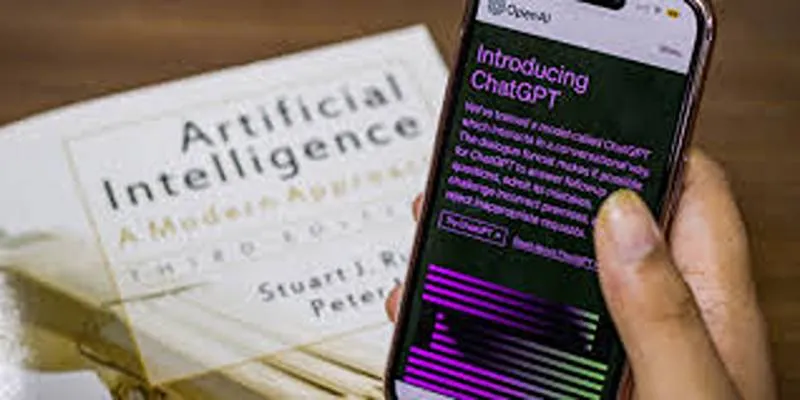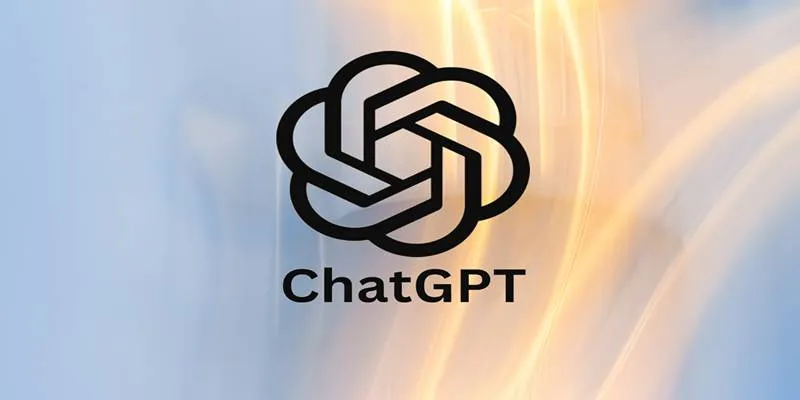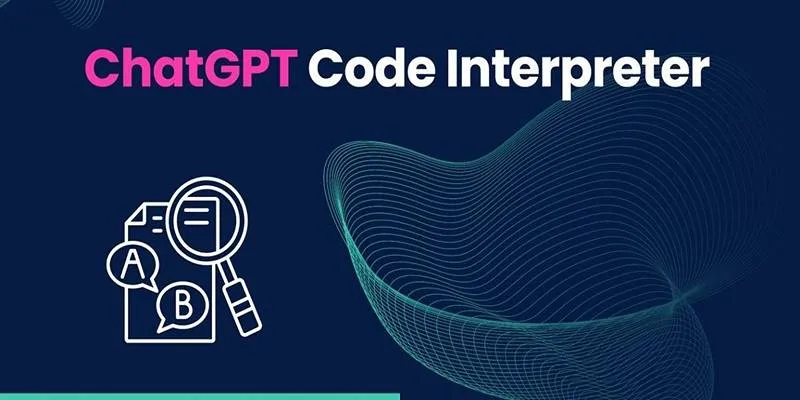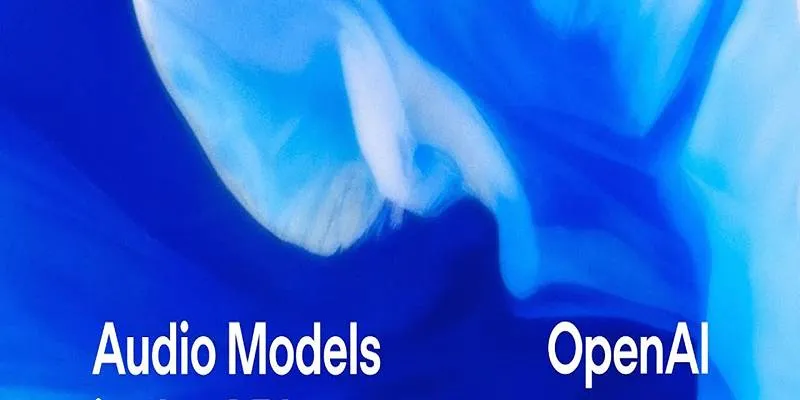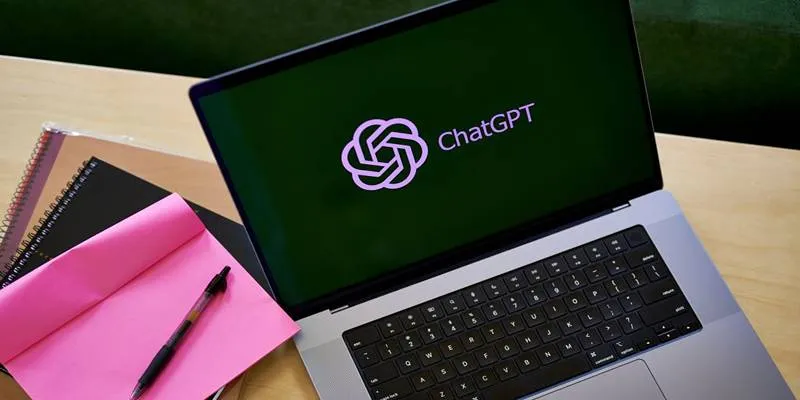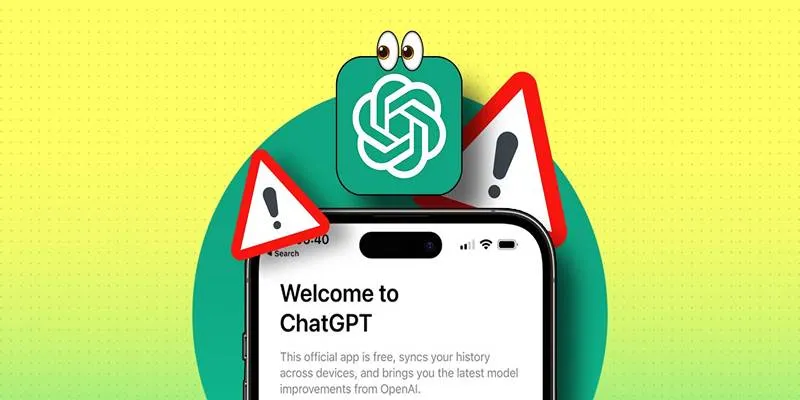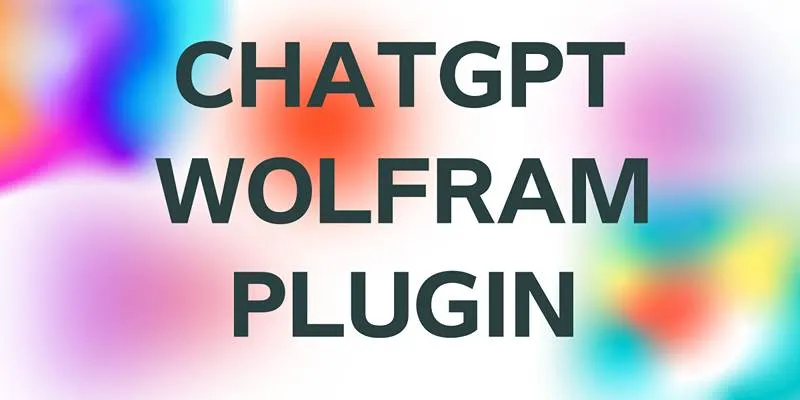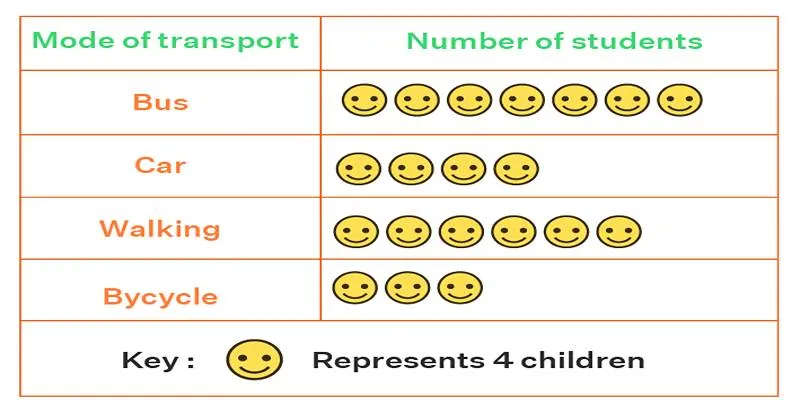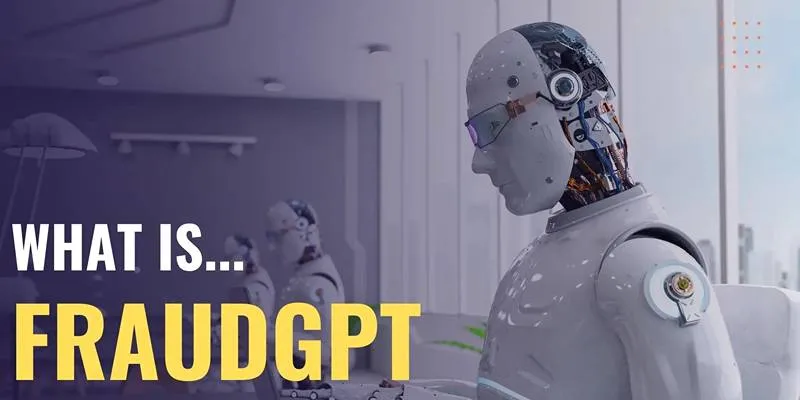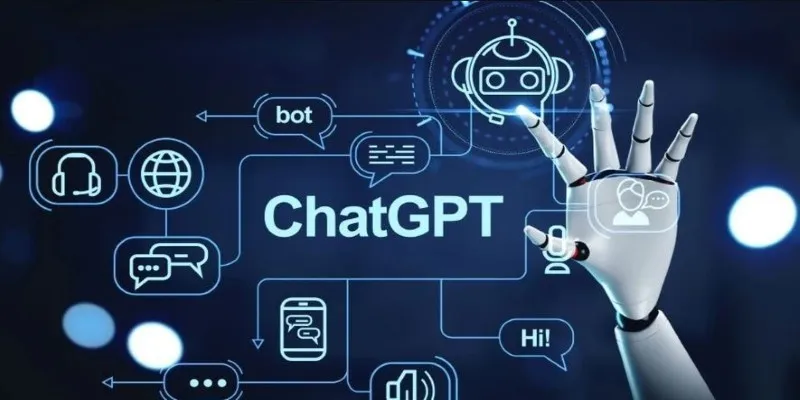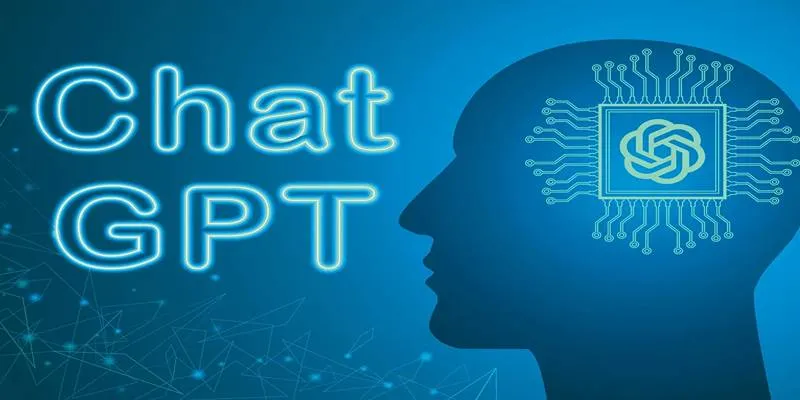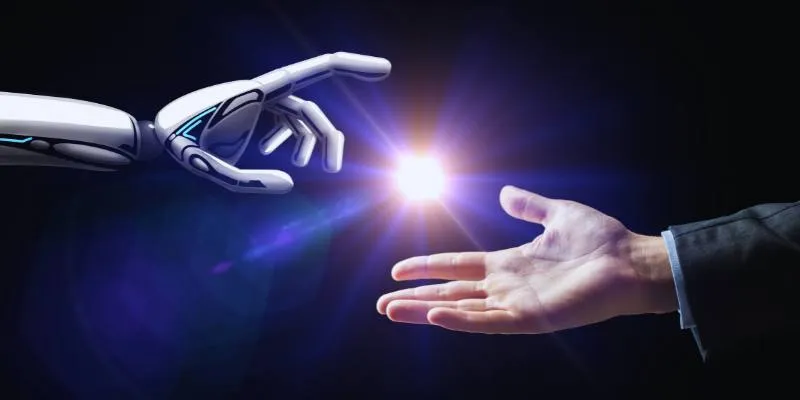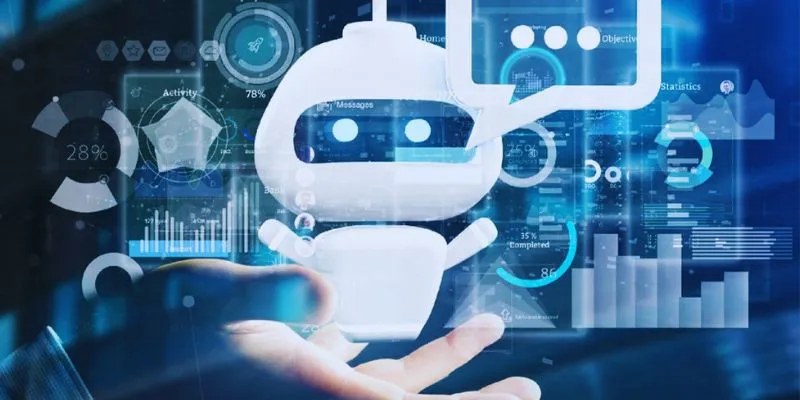ChatGPT, OpenAI’s flagship conversational AI, has become a widely-used tool across various domains, including education, programming, content creation, and customer service. Since its release, the model has received widespread praise for its human-like fluency and problem-solving ability. However, a growing number of users now wonder if the AI has started to decline in quality.
Across platforms like Reddit and X (formerly Twitter), experienced users express concerns that ChatGPT feels less sharp, less reliable, and less creative than it once was. In response, OpenAI has firmly denied any intentional degradation of performance. As this debate unfolds, the question remains: is ChatGPT really getting dumber, or are shifting expectations and technical adjustments behind these perceptions?
Users Voice Frustration Over Performance Shifts
In recent months, anecdotal feedback from regular ChatGPT users has painted a pattern. Once considered groundbreaking, the model is now accused by some of producing oversimplified, error-prone, or vague responses. In particular, its abilities in mathematics, programming, and logical reasoning have come under scrutiny.
According to many users, prompts that used to return complex and insightful responses now yield generic answers. Others report that the AI is becoming overly cautious —avoiding previously answerable topics, hedging its output, or declining to respond entirely. These issues have triggered speculation that OpenAI may be limiting the model in subtle ways, whether for safety, resource allocation, or ethical concerns.
This emerging skepticism reflects more than mere dissatisfaction—it signals a growing mistrust that the technology may be regressing, despite claims of continued advancement.
OpenAI Responds: “We Are Making It Smarter”
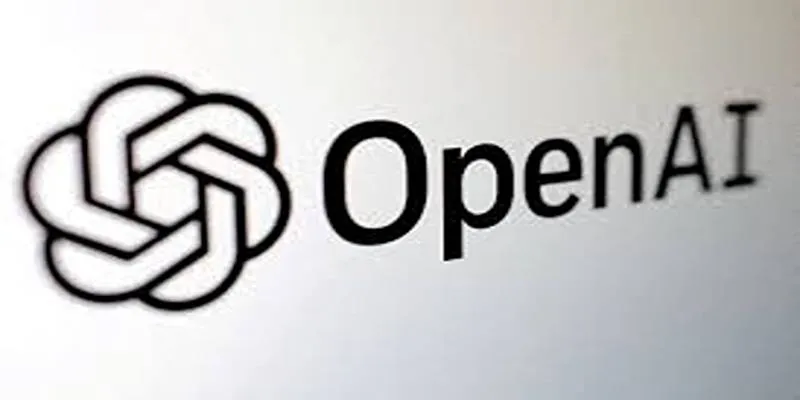
Despite mounting claims, OpenAI insists that any belief ChatGPT is “getting dumber” is incorrect. In a public response, Peter Welinder, Vice President of Product at OpenAI, asserted that each iteration of GPT-4 is designed to be smarter than the last. According to Welinder, what users are experiencing may not be degradation but rather a side effect of familiarity.
His argument centers around the notion of user habituation. As users grow more accustomed to ChatGPT’s capabilities, they begin to notice its limitations more readily. It leads to the perception that the tool is worse than it was before, even if the model has become objectively more capable in many areas.
OpenAI also emphasized the importance of balancing capability with safety. As models become more powerful, there is increasing pressure to ensure responsible behavior—especially around sensitive topics. Restrictions added for ethical reasons may result in more cautious responses, which some users interpret as lower intelligence or reduced usefulness.
The Complexity of Continuous AI Tuning
Behind the scenes, ChatGPT is constantly being updated. These updates do not always produce consistent or linear improvements. In fact, improving one aspect of the model—such as safety filters—can unintentionally affect others, like creativity or verbosity.
Large language models are highly dynamic systems. Minor adjustments in training data, fine-tuning methods , or reinforcement feedback can lead to major behavioral differences. What seems like a simple decline in performance may actually be the result of a complex trade-off: better moderation and safety at the cost of depth and risk-taking in certain topics.
Unlike software patches in traditional applications, AI updates can impact multiple systems simultaneously. When changes are rolled out silently or without documentation, users may experience these shifts as unpredictable or unexplained downgrades.
Perception Versus Reality: Are Users Expecting Too Much?
Another layer to this conversation is the psychological effect of initial exposure to cutting-edge technology. When ChatGPT was first released, it surpassed many expectations, creating a sense of novelty and awe. That experience may have set an unrealistically high benchmark in the minds of early adopters.
Over time, as users become more critical and attempt increasingly complex tasks, they begin to see the model’s boundaries. This evolution in user behavior can contribute to the illusion that the model itself has degraded when, in fact, the change lies in how it is being used and evaluated.
The very act of heavy usage leads to increased scrutiny. What once felt extraordinary may now seem mundane, especially as the AI occasionally repeats information, simplifies nuance, or fails to solve intricate problems. This perceived decline may say as much about user expectations as it does about the model’s actual capabilities.
Balancing Safety, Speed, and Accuracy
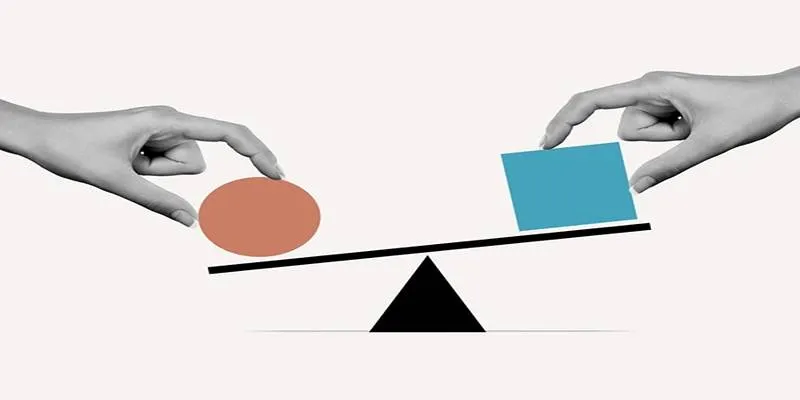
One of OpenAI’s ongoing challenges is balancing three competing priorities: safety, speed, and accuracy. Enhancing any one of these factors may limit another. For instance, increasing safety mechanisms to prevent misinformation can lead to more neutral or evasive answers. Speed optimization may cause a drop in context sensitivity or nuanced phrasing.
As regulatory scrutiny intensifies globally, AI companies like OpenAI must tread carefully. Governments, educational institutions, and corporations are watching closely to ensure that AI systems do not cause harm or spread unreliable content. This added pressure forces model developers to err on the side of caution—sometimes at the expense of expressiveness or problem-solving agility.
Understanding these trade-offs is essential for users trying to assess ChatGPT’s current performance and future potential.
A Tool in Ongoing Evolution
Despite criticisms, ChatGPT remains one of the most advanced conversational AIs publicly available. It continues to evolve rapidly, shaped by research, user feedback, and emerging real-world use cases. OpenAI has reaffirmed its commitment to transparency and safety, promising ongoing updates that prioritize both user needs and societal impact.
Rather than seeing current changes as degradation, it may be more accurate to frame them as part of the broader developmental curve of artificial intelligence. What appears as a dip in performance in one area may reflect a broader recalibration aimed at long-term stability and trustworthiness.
Conclusion
The question of whether ChatGPT is getting dumber does not have a simple answer. On the one hand, user reports and independent research have identified noticeable shifts in behavior and output quality. On the other hand, OpenAI maintains that every version is designed to be smarter, safer, and more aligned with ethical standards.
The evolving nature of AI means that performance is never static. Updates bring improvements in some areas and compromises in others. Understanding this complexity is key to evaluating the technology fairly.
 zfn9
zfn9

